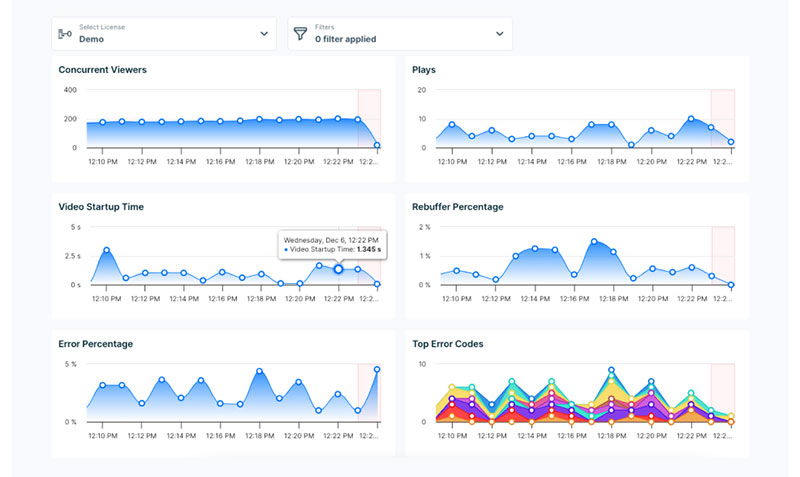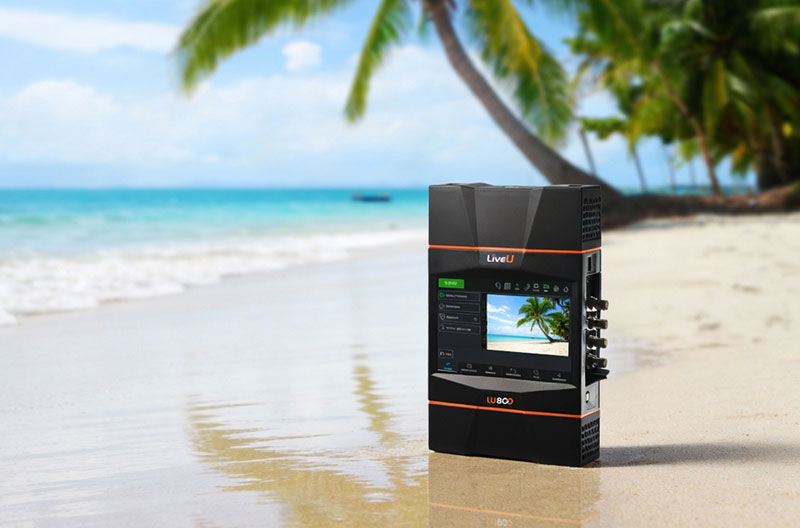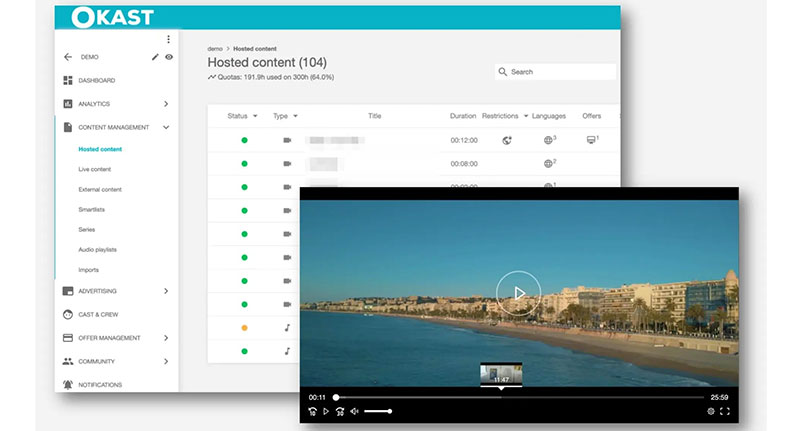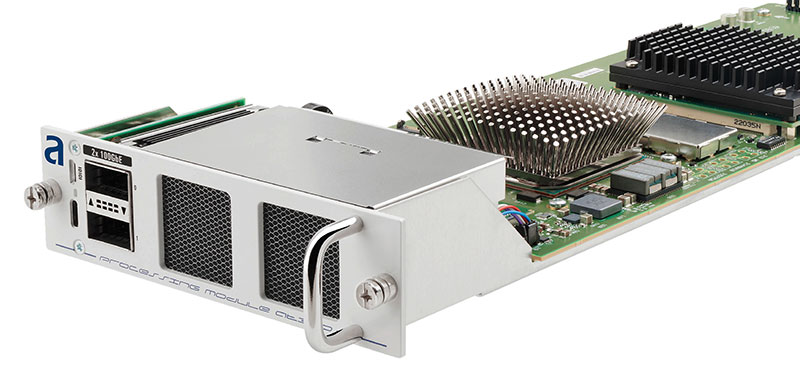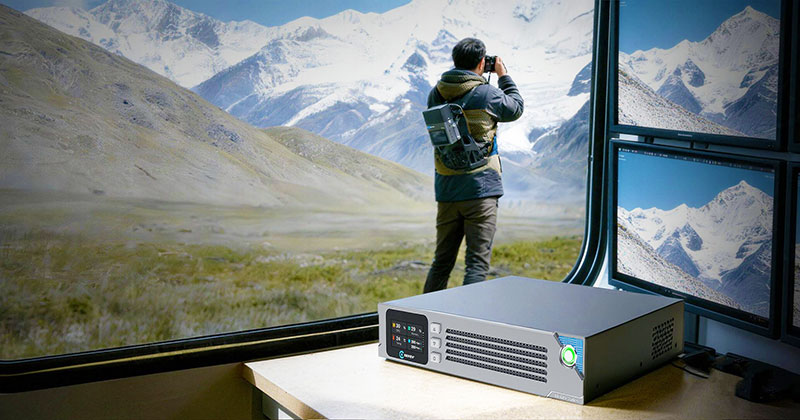Video processing software companies benchmarked products in cloud-based tests with AMD’s new 4th Gen EPYC processors -- with up to 96 cores, supporting DDR5 memory and PCIe Gen 5.

iSIZE BitSave and BitClear AI-based video pre-processing and de-noising
AMD’s 4th Generation EPYC processors, now available, are designed to optimise the use of data centre hardware to create greater workload processing capacity and accelerate output through more efficient use of resources. With up to 96 cores in a single processor, organisations can deploy fewer, more powerful servers while continuing to meet compute requirements with more flexibility.
The new processor series uses and updates the AMD Infinity Guard features, which place physical and virtual layers of protection in x86 CPUs. With twice the number of encryption keys compared to previous generations, 4th Gen EPYC processors help to secure data that is stored locally, in the cloud or residing in storage.
Data centre users only need choose the core count and frequency that matches their workloads. The 4th Gen AMD EPYC processor supports DDR5 memory and PCIe Gen 5, critical for AI and ML applications, and CXL 1.1+ for memory expansion, which address demands for larger in-memory workload capacity.
The ultimate goal is infrastructure consolidation with similar or better performance, to help reduce the costs and energy consumption of data centres. Various AMD partners have indicated support for 4th Gen AMD EPYC processors. These include hardware manufacturers Dell Technologies, HPE, Lenovo and SuperMicro, and cloud infrastructure developers Google Cloud, Microsoft, VMware and Oracle.
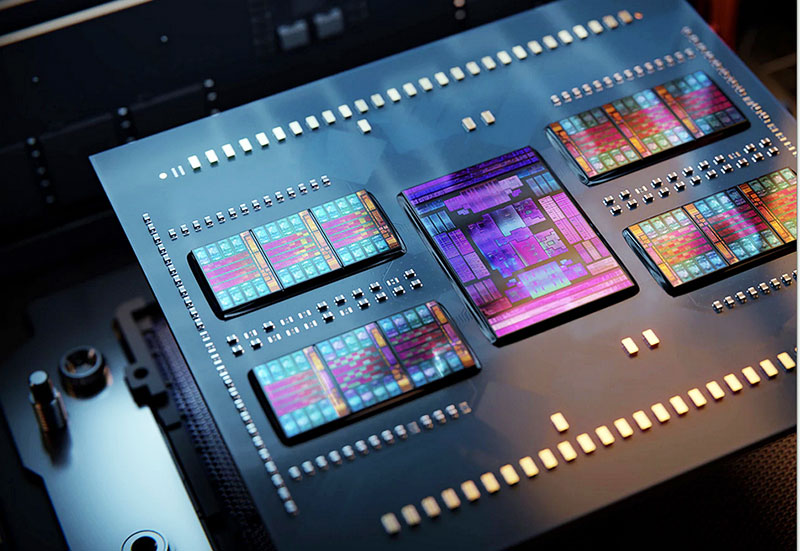
Product Benchmarking with AMD EPYC Processors
Further to this, other companies have been benchmarking their products in tests with AMD’s new generation processors. For instance, due to their collaboration with AMD, Synamedia has been able to improve the processing capabilities of their pure software-based video encoders, developed for deployment flexibility, performance gains with CPU advances, and agility for innovation. The trend towards higher-core count CPUs like AMD’s means they can process more channels, increasing efficiency and lowering power consumption per channel.
Also, given that high-resolution encoders process huge quantities of data in memory, the memory architecture of AMD EPYC CPUs also has advantages for Synamedia’s high-throughput compression applications.
By moving to the 4th generation AMD EPYC CPU and increasing the number of cores per processor, Synamedia says their CPU benchmark tests registered an increase of over 70% in channel density, not only scaling performance linearly but also reducing the power needed to process and encode a single channel.

iSIZE, specialists in deep learning for video delivery, benchmarked the performance of its BitSave and BitClear software running on new 4th Gen AMD EPYC CPUs. iSIZE deploys AI-based video pre-processing and de-noising at scale across various CPU and GPU-powered set-ups in data centres.
Using 4th Gen AMD EPYC processors, running tests to accelerate the neural network inferences in BitSave and BitClear, iSIZE says they achieved on average a performance increase of over 3x for VOD, and for live of over 4x, compared to the previous generation AMD EPYC CPUs, with the potential to enable nearly 5 times more 4K channels than on the previous generation.
BitSave is a deep perceptual pre-processor that runs before the conventional video compression stage in order to make encoding more efficient in terms of bitrate at the same or improved visual quality. BitClear is a video de-noising solution that uses iSIZE’s image perception processing to remove compression artifacts from video during transcoding. Both can run in real time on CPU or GPU hardware. www.amd.com




